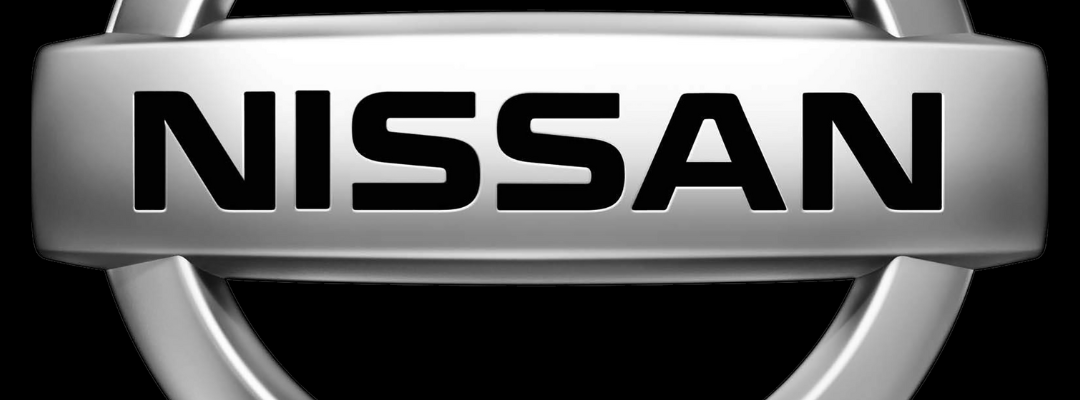

Nissan, one of Japan’s most prominent automakers, is facing financial struggles, declining sales, and intensifying competition in the electric vehicle (EV) market threatening its future.
With a timeline of just 12 to 14 months to reverse its fortunes, the automaker has begun taking drastic measures to address the challenges at hand.
Nissan’s global vehicle sales fell by 3.8 per cent in the first half of the fiscal year, including a significant 14.3 per cent drop in China, one of its key markets. In response, the company has announced cost-cutting initiatives aimed at reducing expenses by $2.6 billion this fiscal year.
“Globally, we currently have 25 vehicle production lines. We plan to reduce the operational maximum capacity of these lines by 20 per cent by adjusting line speed and shift patterns, thereby increasing efficiency,” explained Nissan’s head of manufacturing, Hideyuki Sakamoto.
The restructuring involves eliminating 9,000 jobs and scaling back global manufacturing capacity. However, this reduction could hinder Nissan’s competitiveness, particularly against industry leaders like Toyota and emerging Chinese EV manufacturers.

The Pressure Is On
Nissan’s leadership is under intense pressure, with CEO Makoto Uchida taking a 50 per cent pay cut as an acknowledgement of the company’s failure to keep pace with hybrid and EV trends. Compounding these issues, Chief Financial Officer Stephen Ma has resigned, leaving a leadership vacuum in financial oversight during a precarious period.
The company’s debt is projected to reach USD 5.6 billion by 2026. Discussions about a potential partnership with Honda have surfaced, but insiders view this as a last resort.
Alliance Under Strain
Nissan’s long-standing alliance with Renault and Mitsubishi is also under scrutiny. Renault is reportedly considering reducing its stake in Nissan, a move that could force the automaker to seek government assistance from Japan or the United States.
“We have 12 or 14 months to survive. This is going to be tough. And in the end, we need Japan and the US to be generating cash,” a senior official stated.
Stiff competition in the EV Market
Once a leader in the EV market with its Leaf model, Nissan has since fallen behind competitors such as Tesla and Toyota. High EV costs, limited charging infrastructure, and weak consumer demand in markets like the UK further complicate the company’s efforts to regain a foothold.
Going forward Nissan is focusing on expanding its EV portfolio and modernizing production facilities, although these plans require major investment and Government support.







Comments